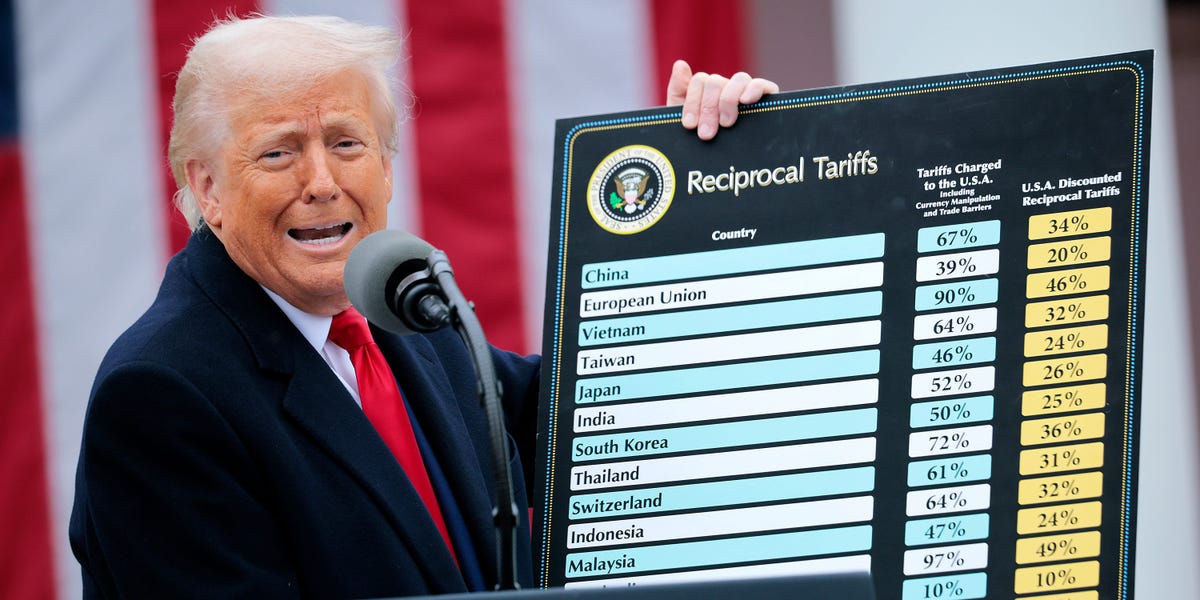Economic Chess: Trump's High-Stakes Strategy to Reshape the Market

The Trade War: Trump's Unconventional Approach to Monetary Policy
President Trump's aggressive trade tactics with China might be more than just a diplomatic chess game. Behind the scenes, there's growing speculation that his confrontational trade strategy could be a calculated move to influence the Federal Reserve's interest rate decisions.
At first glance, the escalating tariffs and economic tensions between the United States and China might seem like a straightforward battle for economic supremacy. However, a closer examination reveals a potentially more nuanced strategy. Trump has consistently criticized the Federal Reserve for maintaining high interest rates, arguing that they hamper economic growth and make borrowing more expensive for businesses and consumers.
By intensifying the trade war, Trump may be creating economic uncertainty that could pressure the Federal Reserve to lower interest rates. The ongoing trade tensions have already demonstrated their potential to rattle financial markets and create economic volatility. Such instability could provide the Fed with a compelling rationale to adopt a more dovish monetary policy.
This approach represents a unique and controversial method of indirectly influencing monetary policy. Instead of directly pressuring the Federal Reserve, Trump appears to be creating economic conditions that might naturally compel the central bank to consider rate cuts.
While economists remain divided on the effectiveness of this strategy, it highlights the complex interplay between trade policy, economic diplomacy, and monetary decision-making. Whether intentional or not, Trump's trade war has certainly kept financial markets and policymakers on their toes.
As the economic landscape continues to evolve, only time will reveal the true motivations and potential consequences of this high-stakes economic strategy.
